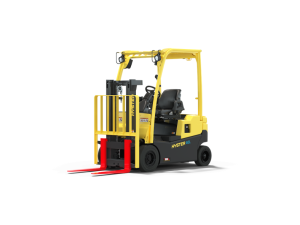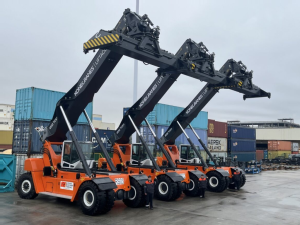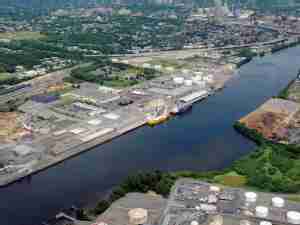"Our new carbon calculator feature makes it easier to compare gateways," said Tay Yoshitani, CEO of the Port of Seattle. "Shippers and retailers will be able to see why we are the Green Gateway for trade from Asia to the Heartland of the United States."
The Green Gateway Carbon Calculator allows shippers to compare the CO2e per TEU through various North American gateways, factoring in different vessel sizes and utilizations, and the recent trend of slow steaming.
Allowing easy determination of a container's carbon footprint, it is now available on the port's website at: http://www.portseattle.org/seaport/cargo/GreenGateway.shtml
The study from which the port's carbon calculator is based is the 2011 "Carbon Footprint Analysis for the Asia to North America Intermodal Trade," conducted by the maritime firm Herbert Engineering Corp, builds upon their 2009 analysis and reconfirms that the Port of Seattle is the Green Gateway for trade.
Herbert Engineering's study, commissioned by the Port of Seattle, calculated the carbon footprint of trade routes from the Asian ports of Singapore, Hong Kong, Shanghai, Ho Chi Minh, Busan, and Tokyo to the U.S. distribution hubs of Chicago, Columbus, Memphis, New York, Norfolk, and Atlanta via the North American gateways of Prince Rupert, Seattle, Oakland, Los Angeles/Long Beach, Houston, Savannah, Norfolk, and New York/New Jersey.
The study analyzed the ship, truck, and rail segments of each trade route, including the all water routes via the soon to be expanded Panama Canal and the Suez Canal. Vessel analysis was conducted for ship sizes of 4,500, 6,500, 8,500, and 12,500 TEUs traveling at design and slow steaming speeds, with utilization rates of 60 percent to 90 percent.
Herbert Engineering Corp. is a ship design, engineering and transportation consulting firm based in Alameda, California.
The Port of Seattle's environmental efforts were developed in collaboration with industry and include the At-Berth Clean (ABC) Fuels Program; a clean truck program; shore power for cruise vessels; and programs to reduce emissions from cargo-handling equipment.









